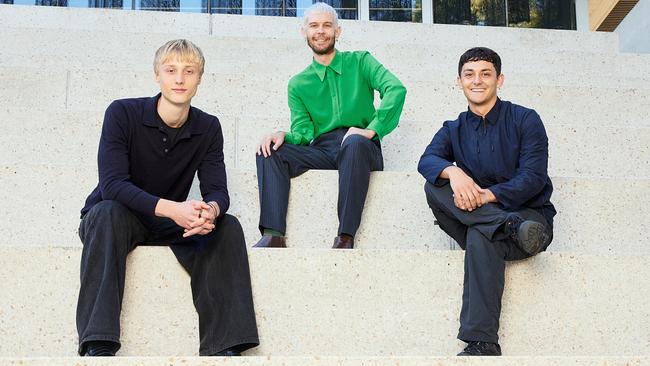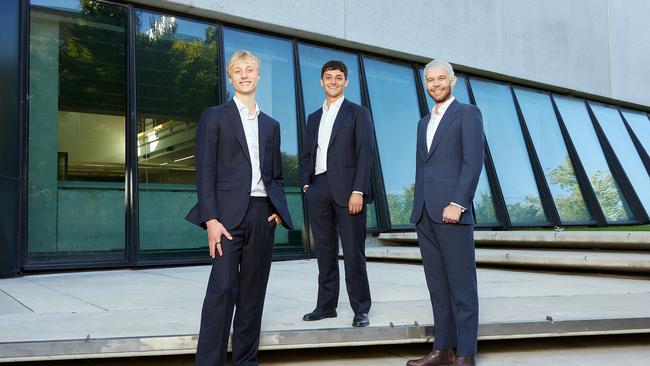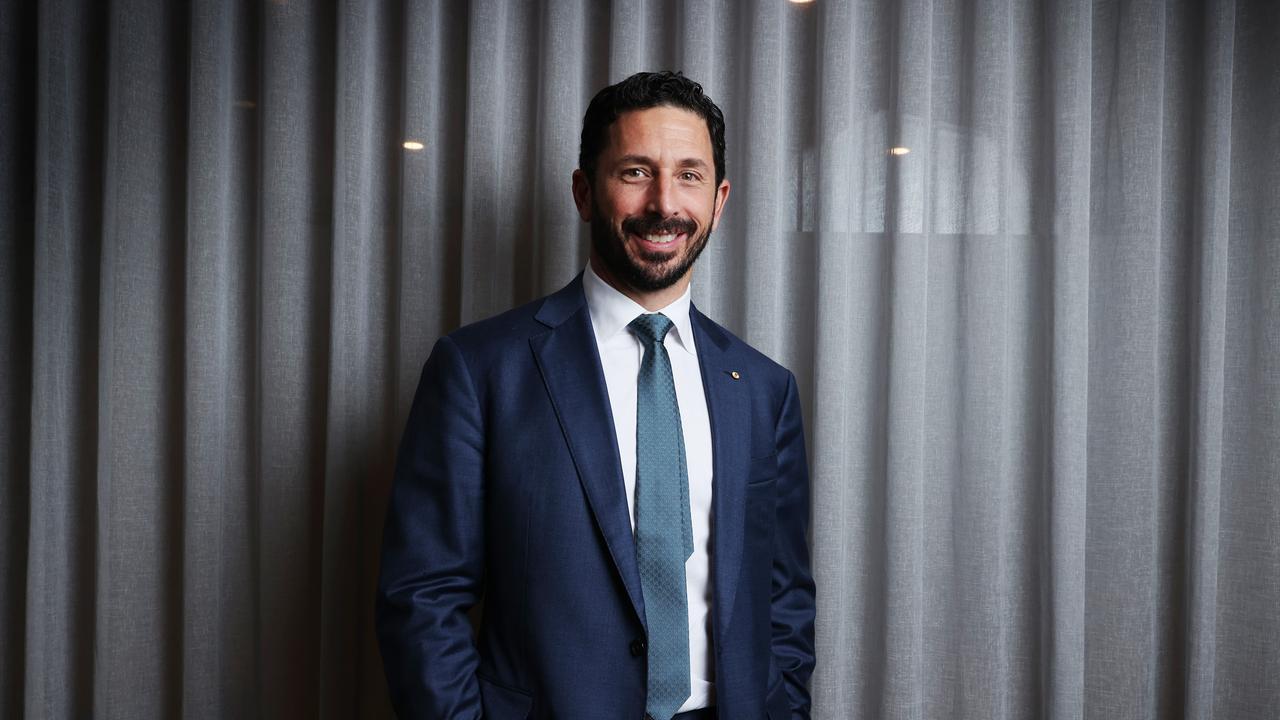Entrepreneur raises $2.5m after leaving Deloitte to solve age-old problem
Keoki Alexander-Chang has raised $2.5m after leaving a promising career at Deloitte to solve one of the biggest problems facing Australia: our ageing population.

Business
Don't miss out on the headlines from Business. Followed categories will be added to My News.
Keoki Alexander-Chang left a promising career at Deloitte to found his own company and solve one of the biggest problems facing Australia: our ageing population.
Alexander-Chang was at Deloitte’s forensic artificial intelligence lab. He worked on the royal commissions into financial advice and aged care, and quickly saw an opportunity to harness the burgeoning technology to improve people’s lives, particularly the elderly.
“The amount of care that’s needed is growing faster than the amount of care that can be provided. So there’s this real gap. It’s a real problem,” Alexander-Chang says.
“When you and I need to go into aged care – we don’t think about it now – but when we need to, we want the quality of care to be the same as it is now, if not better. But the ratio, that gap is increasing, and then if you add regulation on top of that, like some of the changes coming into aged care soon and the NDIS, it’s going to become even harder.”
Alexander-Chang – who was speaking to The Australian from an aged care home in Adelaide – is referring to the amount of paperwork and administrative work carers and nurses must complete, taking them away from their primary role: providing care.
It’s been a problem for years. In the late 2010s, before it was taken over by Brookfield, Healthscope – Australia’s second biggest private hospital operator – launched a “back to bedside” program to free nurses from administrative tasks.
But Alexander-Chang’s company, Minikai, is now making that more of a reality for more people thanks to AI.
“Frontline carers – nurses and personal care workers – have a pretty tough job looking after people with pretty complex needs, but then they have all of this admin to do on top of that.
“It’s time that they’re spending not with the client, and it’s non-billable hours, so no one really wants to do that kind of work. So what we’re doing is we’re providing AI agents to them to do that work instead, and then free up their time to focus on the frontline care.”

Alexander-Chang has received backing from millionaire investors including Luke Janssen, and VC firm Tidal Ventures. He has just closed a $2.5m seed round to scale up Minikai’s platform, which can also help people navigate the National Disability Insurance Scheme.
Knowing how difficult it can be dealing with government and social services is another reason why he founded the company.
“My mum’s been a victim of domestic and family violence, so I’ve helped support her through her journey with that, navigating the admin and the paperwork through support services.
“We saw a common thread where you have these providers that are full of people who are really dedicated, and they’ve made a long-term commitment to people with really complex needs, but they’re just inundated with the complexity and volume of paperwork.
“So we thought AI is the perfect technology to be able to reduce admin and mental burden for those people to free up their time for what they’re actually in it for, which is looking after people. That’s what really motivated us to do it.”
Unlike most AI companies – including hyperscalers Microsoft and Google – Minikai doesn’t charge per seat. “We charge per client with unlimited users. This aligns with person-centred care while addressing the high rotation of staff in the sector,” Alexander-Chang says.
He says Minikai will invest the $2.5m on people and products, including increasing its engineering and capacity.
“The more people using our platform, the more our compute costs, so going it’s going to keep up with those.
“We’re a team of six at the moment, and we’re growing pretty quickly. But we actually don’t think we’ll ever need to be very big as a team to grow to be quite large.
“What we’ve found is that if you have an experienced engineer using AI developer tools really heavily, one engineer is as productive as three or four engineers, and so we don’t think that we’ll actually ever need to be a very big team.”
Originally published as Entrepreneur raises $2.5m after leaving Deloitte to solve age-old problem



